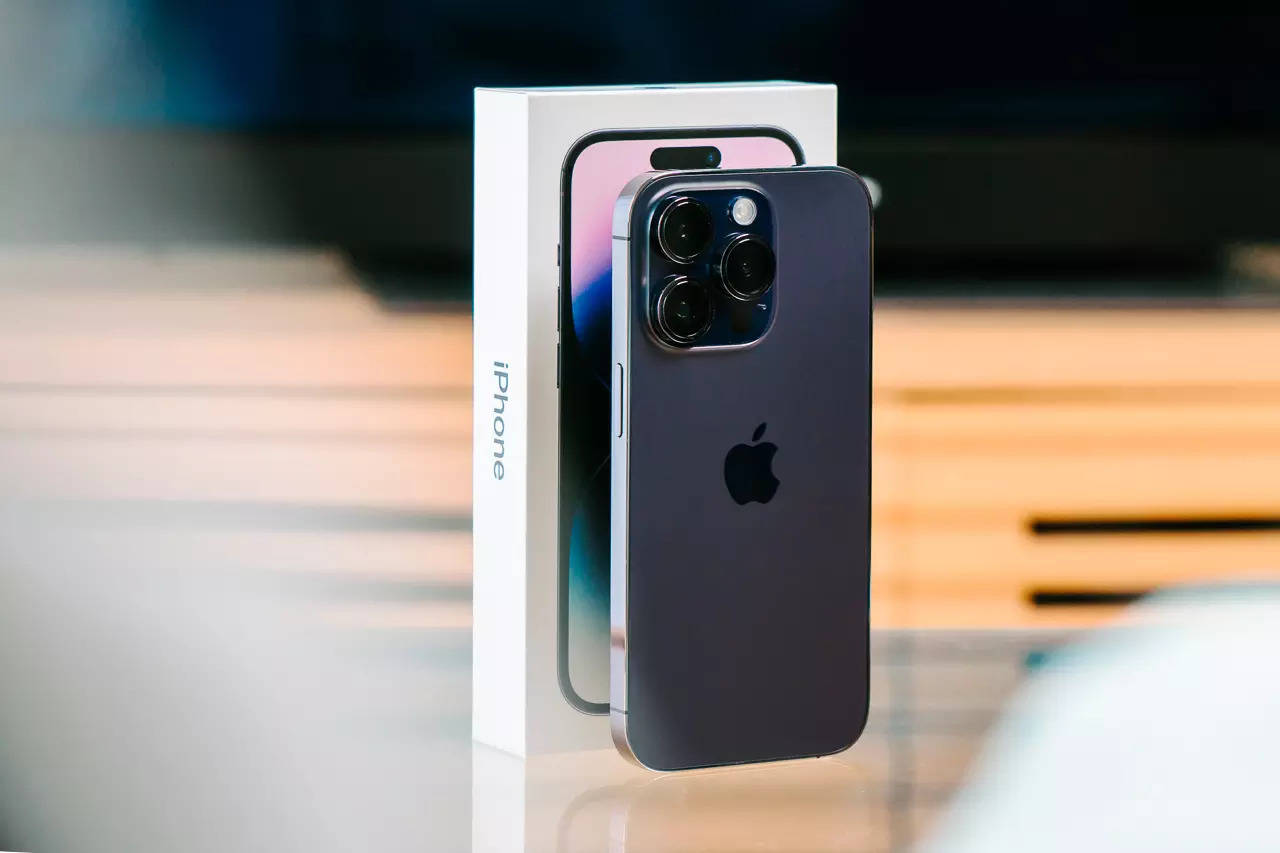iPhone 15 Pro models could be Apple’s most expensive ever – Times of India
In the years preceding the Covid-19 pandemic and the recent chip supply issues in China, Apple had been manufacturing around 90 million iPhones per year. However, due to the challenges faced in the past two years, the company has reduced its orders to approximately 85 million units annually. According to Bloomberg, this lower number will continue to be the target production for Apple in 2023 as well.
Despite maintaining steady shipments, Apple plans to raise the price of Pro models, according to the sources, which could result in an overall increase in revenue.
According to sources, the company had to reduce its prediction for the vanilla iPhone 15 model by 2 million due to a difficulty in producing CMOS image sensors. However, the company has made up for this loss by increasing orders for their more expensive Pro models.
According to one source, there was also a small problem with the new iPhone screens. However, the issue is expected to be resolved within the next week or two and it should not significantly affect production.
While the prices have remained the same for the Pro models in the US, it has not been in other regions. Since iPhone 11 Pro, the Pro models have started at $999, while in India, the iPhone 11 Pro was priced at Rs 99,900 onwards, whereas the base variant of the iPhone 14 Pro costs Rs 1,29,900. The same has been the case for other iPhone models as well.
function loadGtagEvents(isGoogleCampaignActive) { if (!isGoogleCampaignActive) { return; } var id = document.getElementById('toi-plus-google-campaign'); if (id) { return; } (function(f, b, e, v, n, t, s) { t = b.createElement(e); t.async = !0; t.defer = !0; t.src = v; t.id = 'toi-plus-google-campaign'; s = b.getElementsByTagName(e)[0]; s.parentNode.insertBefore(t, s); })(f, b, e, 'https://www.googletagmanager.com/gtag/js?id=AW-877820074', n, t, s); };
window.TimesApps = window.TimesApps || {}; var TimesApps = window.TimesApps; TimesApps.toiPlusEvents = function(config) { var isConfigAvailable = "toiplus_site_settings" in f && "isFBCampaignActive" in f.toiplus_site_settings && "isGoogleCampaignActive" in f.toiplus_site_settings; var isPrimeUser = window.isPrime; if (isConfigAvailable && !isPrimeUser) { loadGtagEvents(f.toiplus_site_settings.isGoogleCampaignActive); loadFBEvents(f.toiplus_site_settings.isFBCampaignActive); } else { var JarvisUrl="https://jarvis.indiatimes.com/v1/feeds/toi_plus/site_settings/643526e21443833f0c454615?db_env=published"; window.getFromClient(JarvisUrl, function(config){ if (config) { loadGtagEvents(config?.isGoogleCampaignActive); loadFBEvents(config?.isFBCampaignActive); } }) } }; })( window, document, 'script', );
For all the latest Technology News Click Here


